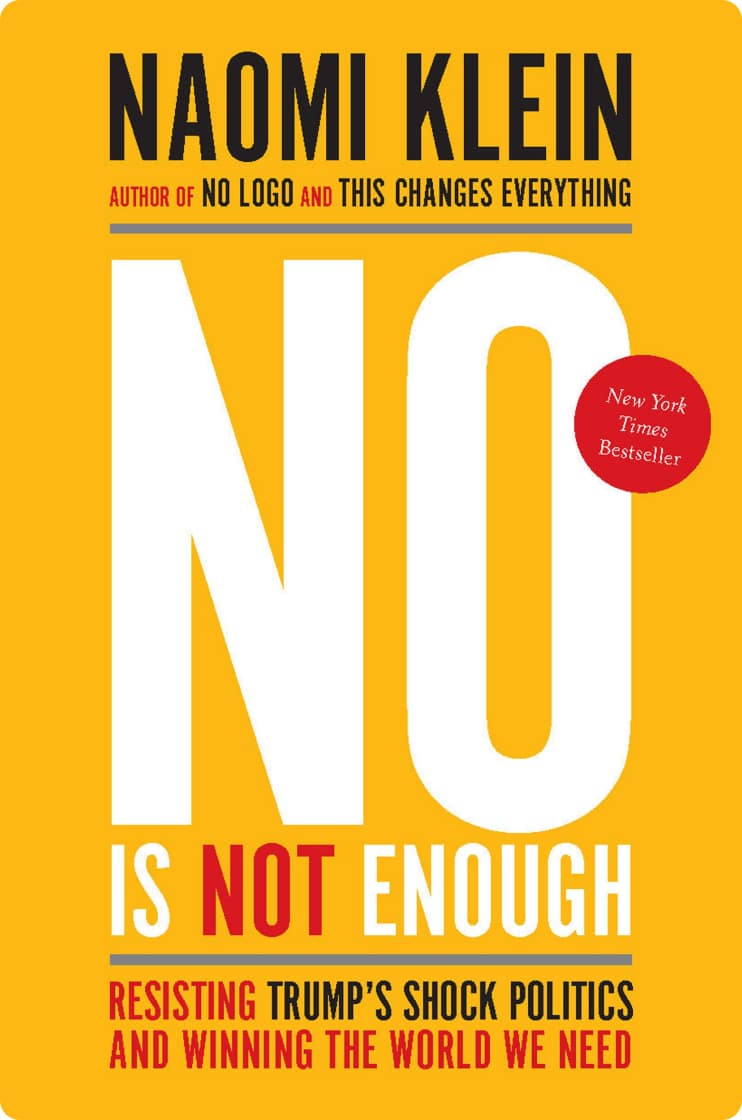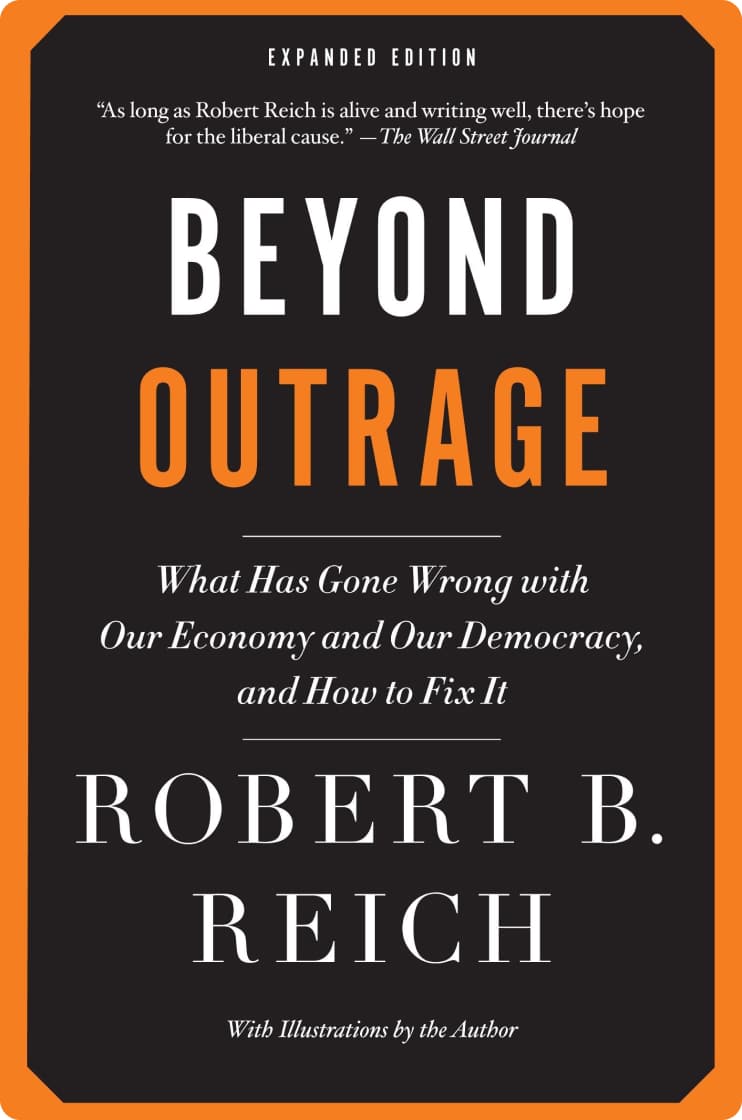What Happened To The Voting Rights Act?
This country has a long history of disenfranchising and suppressing the votes of people of color, particularly in the South. But in 2013 the voter suppression efforts of yesteryear came roaring back. That’s when the Supreme Court gutted key provisions in the Voting Rights Act of 1965. Those provisions had stopped states with histories of voter suppression from changing their election laws without an okay from the federal government.
Let’s take a look at how that shameful decision has played out over the years, shall we?
Today’s voter suppression often takes the form of purging eligible voters from the rolls, cutting back early and absentee voting, closing polling places, and using strict voter ID requirements – disenfranchising voters of color at every turn.
Voter roll purges have become increasingly common.
Officials purged nearly 4 million more names between 2014 and 2016 than between 2006 and 2008 — a 33 percent increase. Officials in states that used to be under federal oversight purged voters from the rolls at a rate 40 percent higher than those in states with no history of voter suppression.
As it turns out, Chief Justice John Roberts was dead wrong when he argued “things have changed dramatically” in the South.
Election officials in Florida, North Carolina, Georgia, and Virginia have all conducted illegal voter roll purges. In Virginia in 2013, nearly 39,000 voters were removed from the rolls when state officials relied on a faulty database – removing voters who had supposedly moved out of the state.
Even if you make it past a voter roll purge, you may get stuck in endlessly long lines to vote.
Since the Voting Rights Act was gutted in 2013, 1,688 polling places have been shuttered in states previously bound by the Act’s preclearance requirement. Texas officials closed 750 polling places. Arizona and Georgia were almost as bad. Not surprisingly, these closures were mostly in communities of color.
In Texas, officials in the 50 counties that gained the most Black and Latinx residents between 2012 and 2018 closed 542 polling sites, compared to just 34 closures in the 50 counties that gained the fewest Black and Latinx residents. In Georgia’s 2020 primary, 80 polling places were closed in Atlanta, home to Georgia’s largest Black population — forcing 16,000 residents to use a single polling place.
And even if you get to a polling place after standing for three hours to cast your ballot, you may end up being turned away because of a restrictive voter ID law.
Republican lawmakers in 15 states have passed such laws since the Supreme Court’s shameful decision.
Texas Republicans put a voter ID law into effect almost immediately following the decision — a law that they had been prevented from passing in 2011 when the Voting Rights Act was still intact. That law has been struck down five times since it went into effect, with multiple courts finding it intentionally discriminates against Black and Latinx voters. A federal appeals court finally allowed a watered-down version that’s still one of the most restrictive voter ID laws in the country.
In Georgia, the state’s restrictive “exact match” ID law — requiring a voter’s ID to exactly match the name on their registration, down to any dots or dashes — allowed state officials to throw out 53,000 majority-Black voter registrations less than a month before the state’s tight 2018 gubernatorial race. Stacey Abrams, who would have been the country’s first Black woman governor, lost the election by just under 55,000 votes — after years of her rival Brian Kemp systematically suppressing the votes of people of color.
Meanwhile, in North Carolina, a court found that the state’s voter ID law “target[ed] African Americans with almost surgical precision,” and struck the law down in its entirety. Imagine all we could accomplish with all the time, money, and resources that go into prolonged legal battles against these discriminatory laws that should never have seen the light of day in the first place.
Voter suppression is wreaking havoc on our electoral process.
When the Supreme Court gutted the Voting Rights Act seven years ago, it passed the buck to Congress to update it, but Senate Republicans haven’t lifted a finger.
In December 2019, John Lewis presided over the House of Representatives to pass H.R. 4, the Voting Rights Advancement Act, now named the John R. Lewis Voting Rights Act in his honor, to restore the Voting Rights Act and stop this pervasive voter suppression. It’s been collecting dust on Mitch McConnell’s desk ever since. He and his GOP colleagues think they can sit idly by as Republican state officials suppress the vote with no accountability.
They’re wrong. The people are ready to fight back against their agenda and build a 21st century democracy that is representative of and responsive to our growing, diverse nation.
If your vote didn’t count, they wouldn’t be trying so hard to suppress it. Make sure you check your registration, stay up to date on your state’s rules for mail-in voting, find your polling place, and get involved with organizations on the frontlines of protecting the vote.
There’s no telling what we’ll be able to accomplish when we win the battle for voting rights.







